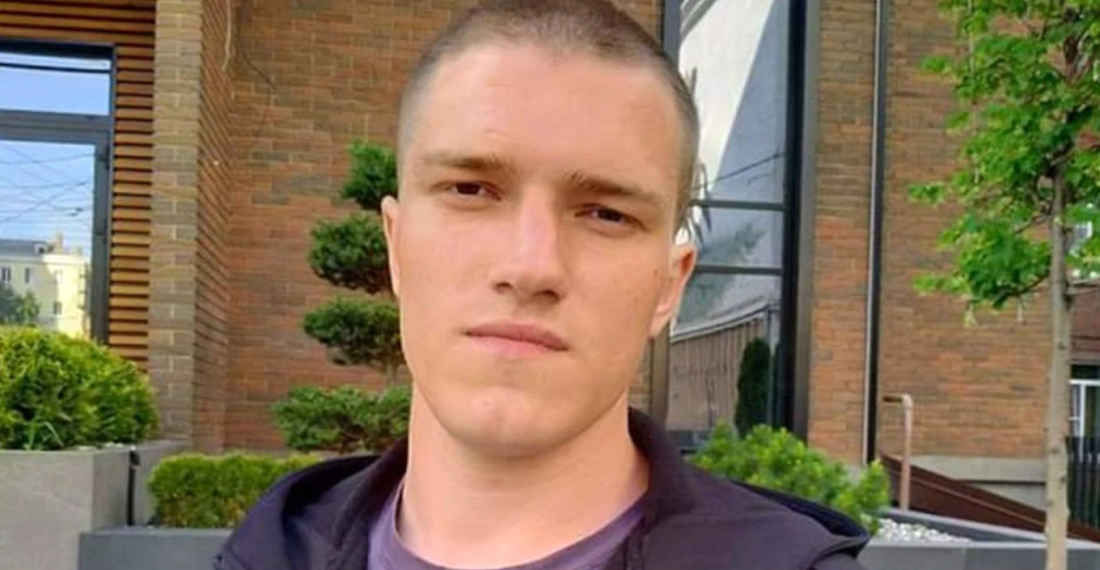A former commander of the Russian paramilitary Wagner Group, Andrey Medvedev, has sought asylum in Norway after allegedly witnessing extrajudicial killings during the war in Ukraine.
On Friday (January 13), Medvedev reportedly crossed into Norway along its border with Russia, near Pasvikdalen. Upon arrival, Medvedev was detained by border guards, and the Associated Press has since confirmed that Medvedev has sought protection in Norway for security and privacy reasons.
Medvedev, who is from the Siberian region of Tomsk, is currently being held in Oslo where he is facing charges of illegally entering Norway. If the asylum application is granted, and Medvedev would be offered protection by Norway, any charges would be dropped automatically according to Brynjulf Risnes, Medvedev’s Norwegian lawyer.
Medvedev is, according to his lawyer, willing to speak about his experiences in Ukraine in order to investigate potential war crimes and extrajudicial killings conducted by the Russian military and the Wagner Group. Medvedev has informed Russian human rights groups that he is willing to provide comprehensive information about the Wagner Group, its activities, and its founder.
Reports indicate that Medvedev defected from the Wagner Group as early as July 2022. According to Medvedev, his dissatisfaction with the Wagner Group started when his contract was extended without his consent, and his dissatisfaction grew after witnessing the grave mistreatment of Russian prisoners by the Wagner Group’s internal security service. After realising that there would be no easy way out of the Wagner Group, Medvedev decided to travel alone to the Norwegian border hoping to travel and cross undetected.
source: commonspace.eu with The Guardian
photo: The Moscow Times






